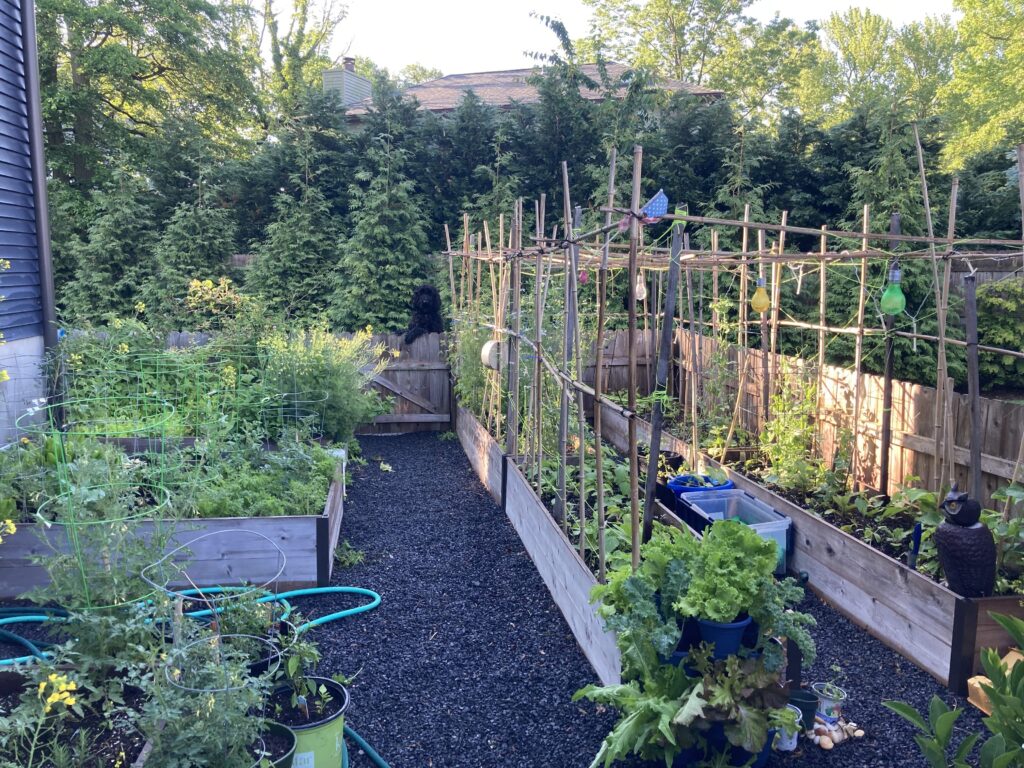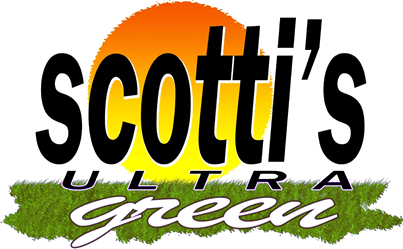Integrated Pest Management
What is Integrated Pest Management?
Integrated Pest Management (IPM) is the use of natural and safe methods to control landscape insects and disease.
IPM is an “environmentally friendly” alternative to the indiscriminate spraying of chemical pesticides to treat lawns, trees and shrubs.
An IPM-trained landscaper controls plant pest by regularly monitoring a landscape and applying scientific knowledge about plants, weather, pest and the environment.

Why should I reduce pesticide use?
Using less pesticides helps ensure the safety of home owners and their pets. It also means less harm to local wildlife, forests and streams.
IPM techniques offer customers a safe and effective way to control landscape insects and disease.
Is IPM as effective as pesticides?
Yes, and it will make lawns, trees and shrubs healthier. Healthy plants are more resistant to insects and disease.
Will IPM cost more?
No, IPM cost the same as traditional landscaping approaches which reply heavily upon pesticides.
IPM Methods Include:
Prevention
We can plant grasses, trees and shrubs that are resistant to insect infestation and disease. Monitoring plants every two weeks during the growing season can identify pests before they cause significant damage.
Physical Control
Pests can often be easily removed from flowers and shrub. For example, aphids and miters can be removed with a strong jet of water. Bagworms can be hand picked off of plants.
Horticultural Controls
Manipulating the growing conditions of plants (e.g., nutrients, pH) keeps then healthy. Healthy plants are much less vulnerable to insects and disease. Proper pruning and mulching is also used to control harmful pest.
Biological Controls
IPM employs nature’s own methods for controlling landscape insect and disease. Beneficial insects such as lady beetles and spiders can be used to destroy harmful pests such as aphids and mites. A nonpathogenic fungus can be used to protect plants from disease.
Chemicals
The prudent use of pesticides can be part of an IPM program although chemicals are normally used as a last resort. Environmentally safe pesticides such as horticultural oil or insecticide soap can be used to treat specific insects and diseases.
